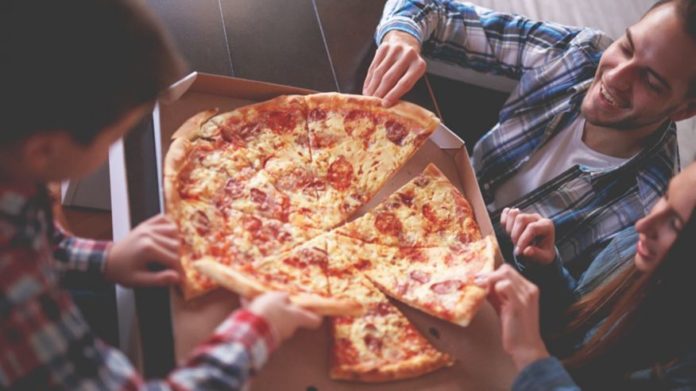She works hard for the money, but she works even harder for pizza.
That’s what Duke University psychology professor Dan Ariely found in an experiment he describes in his new book, Payoff: The Hidden Logic That Shapes Our Motivations.
To conduct the study, Ariely sent three out of four workers at a semiconductor factory in Israel messages at the start of the week that promised them specific rewards for assembling a prescribed number of chips each day.
One group was promised a “Well Done!” text message from the boss at the end of the week. Another group was promised a bonus of about $30. A third group was told they would get a voucher for a free pizza. A fourth group, roughly 25 percent of the workers, got no message and no offer
Then the participants were told to get to work.
So what motivation, if any, really works?
During the beginning of the week-long experiment, free pizza came out first, showing a 6.7 percent increase in productivity over the control group. A “Well Done!” saw a 6.6 percent increase. And money claimed a measly third place with just 4.9 percent over the control group.
But as the week finished up, money fell into last place, performing 13.2 percentworse than the control group.
But when the study wrapped up, as reported in New York Magazine, the “Well Done!” text was the ultimate winner in a photo finish. Free pizza came in second and control group was third. Money finished behind no extra motivation.
What’s it all mean? According to the experts, it means people love praise and appreciation more than tangible rewards and money.
“Extrinsic motivators can stop having much meaning — your raise in pay feels like your just due, your bonus gets spent, your new title doesn’t sound so important once you have it,” Wharton professor Adam Grant told The Wall Street Journal last year.
“But the sense that other people appreciate what you do sticks with you.”
But Ariely says gloppy mozzarella cheese and tomato sauce stick with you, too. He initially wanted the pizza reward to be a pie delivered to the employee’s home, instead of a voucher.
“This way,” he writes, “… we not only would give them a gift, but we would also make them heroes in the eyes of their families.”





